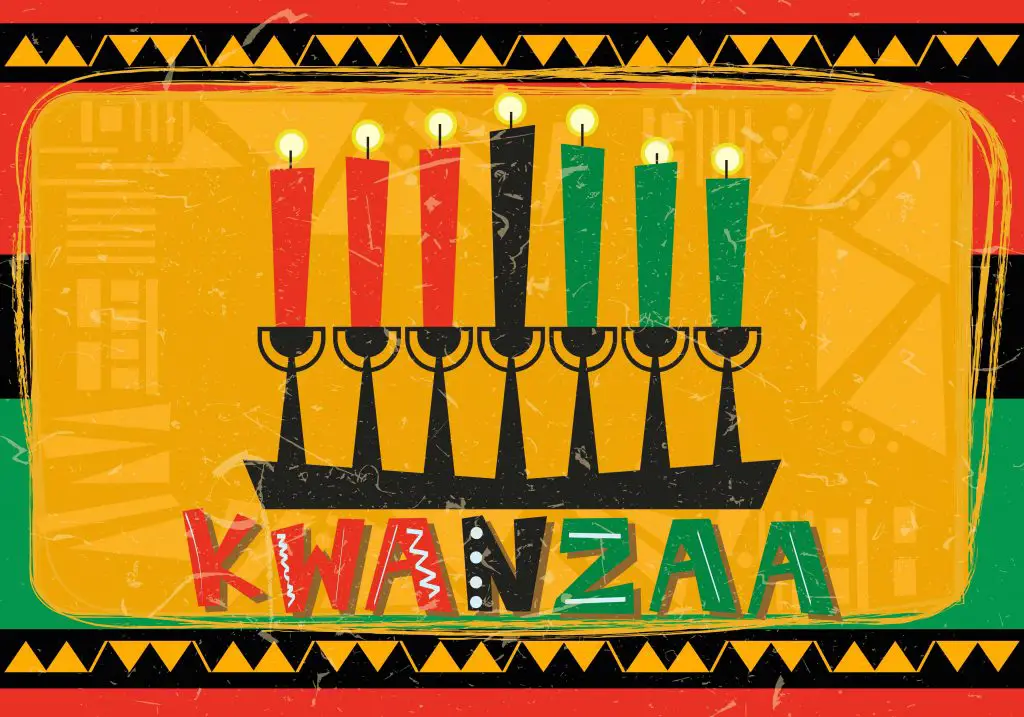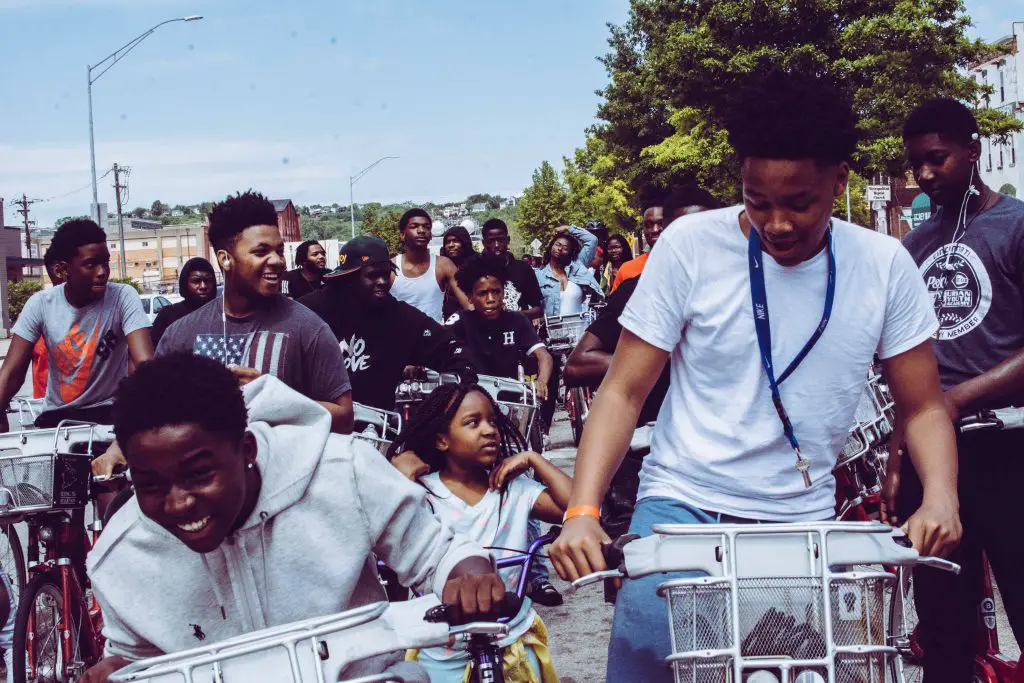As we talk more about rebuilding our village and creating a cultural paradigm of which our children can thrive; we find ourselves speaking figuratively about the black community and what we need. But what happens when we start to physically manifest these things for ourselves and our children?
Growing up I had access to a Pan-Afrikan Saturday school, which was supplemental for the schooling I would have during the week. From what I remember, it was great! I don’t hear much of these nowadays, however, NAABS does have a great directory – one I guess I need to delve deeper into.
But for us, homeschool parents looking for something more frequent than Saturdays, setting up individual homeschool co-ops seems like the way to go.
What is a homeschool co-op?
A homeschool co-op is a set of families with common goals and values, who gather to teach their children collectively.
The co-op is operated so that it creates social activities for both the children and their parents. The homeschool co-ops are solely for activities, crafts, academics, history, the arts, socialising and projects. Parents of co-op children with knowledge and expertise in specific fields are very instrumental in the process since they will be able to pass their knowledge down to their children and other co-op children.
Teachers or activity leaders who are passionate and share the same goals can also be hired and paid, although some do render the service free. The number of families in the co-op system can be more or less depending on the location, state laws and interest.
Does homeschool co-op need insurance?
For small homeschool co-ops, insurance is not necessary. However, for larger co-ops, liability insurance and legal paperwork may be needed. Different cities and countries will have different laws and, as such, what one determines to be small or large in size is relative.
Can a homeschool co-op accept donations for upkeep?
Most co-ops are non-profit, therefore it is perfectly acceptable to request or welcome donations to aid in running the homeschool cooperative. Most families will be happy to do so as without any sort of funding it is likely the co-op cannot operate. It would help to let the families know what the donations are going towards and if food or drink is provided throughout the co-op days etc.
Many co-ops also accept donations in the form of books and other things that contribute to the collective education experience of the children.
Can you legally homeschool another person’s child?
With the parent or guardians say-so, it is very much legal to homeschool another person’s child although different cities or states may have limitations on what this looks like.
Also, regardless of what the parent and chosen educator has agreed, the parent is still responsible for the child’s education and will need to keep on top of all liaisons and paperwork between them and the government regarding their child’s education.
As it stands, you can have a relative, such as a grandparent, sibling aunt or uncle educate your child or you could have somebody unrelated who you pay a fee to. Both options are acceptable.
Additionally, having somebody else educate your child as part of a co-op also fits into this.
Why a black homeschool co-op?
Starting a black homeschool co-op or African centred co-op stems from the need to supply black children an education inclusive of cultural & identity matters, traditions, values and history.
It allows children to follow an African centred curriculum alongside their usual studies. This promotes a healthy balance of identity and culture whilst giving them the chance to socialise in a safe, social community setting.
Within the safe confines of a black homeschool co-op, the children can learn about self-determination, independence, group economics and many values that are not taught in schools.
In addition, families affiliated with co-ops tend to have similar morals and values and thus, the children will learn how to prosper collectively with those values; and all of the ways in which they can contribute to creating a stronger community for themselves and others.
What are the things needed to make an Afrocentric homeschool co-op successful?

A successful Afrocentric homeschool co-op will have some rules, agreed upon by all members and it will be well organised. Missing out on these steps could result in either a short-lived co-op or one where the numbers remain very low and do not increase over time.
Below are the things that must be put in place to ensure that the homeschool co-op is successful:
- Mission, Purpose and Philosophy
This is the first step in starting a black homeschool co-op.
The coming together of the interested parties must be based solely on a shared vision and philosophy.
The common vision will be what will guide the rest of the decisions such as what will be taught and the structure of each co-op day.
Making the purpose, vision and philosophy known at the start will save frustration or misunderstanding down the road.
For example; it could be decided that the purpose of starting the homeschool co-op is to:
– Focus on education for the liberation of black people
– The teaching of African traditions and heritage
– African liberation
– Activities centred around them, such as debates, social projects and so on..
If this is the solid aim and the co-op is promoted to offer these values, then being clear about this purpose will attract families with the same goals.
Coming to an agreement with all of the parents involved, then having this typed up, printed and signed along with a code of conduct will help.
- Location
The purpose, size and budget of the black homeschool co-op will help to pinpoint the perfect location. If your homeschool co-op’s objective is purely social, you can easily choose a local park to meet each week and keep it simple.
If there is both a social and educational element of the homeschool co-op, then you will want to meet indoors, in a purpose-built location. Somewhere with bathroom and kitchen facilities would be suitable.
Some boroughs have discounted halls and rooms residents could rent or can use for free depending on the purpose. In this case, you could add a weekly donation fee so this cost is covered.
Meeting in homes is also great for small groups. It feels cosy, like a homeschool rather than a classroom. It is also a free option, which is a big plus.
- Decide on the format
Once you have picked a location, core educators have been chosen (unless you wish to simply have each parent contribute something week by week); it is time to plan the classes and decide on the number of times to meet.
The planning is essential, so co-op parents and children can factor that in ahead of time and plan the rest of their schedule around it. I have always found that there tend to be fewer last-minute scheduling conflicts when the schedule is set and accessible months before the commencement. Also, note any holidays, so you don’t need to reschedule those classes later.
- Keeping in contact
Being able to contact all of the co-op members with ease is very important.
The most appropriate modern-day tool for this would be a Whatsapp or Telegram group. This way you can update the group on the fly, share images or videos from the events as well as any documents or forms. You can also use it as a register to know in advance who is coming and who will be absent and also of there has been a change of plans for the day. For example, good weather permitting the session to take place outside and vice versa.
Another option is an email list, which you can essentially use for the same thing, however, it offers less of a community vibe as people do not as readily exchange information as it is not instant. You can still utilise the email list for other things so do collect email addresses in any case.
Field trips and park days are essential and must be adequately planned. Some may require coach hire so bare these things in mind when deciding on how you will keep in contact and take everybodies opinion and circumstances into account.
With the right things put in place, you should find it less challenging to start and run your homeschool co-op successfully!
Here are some examples of building an African Centred Homeschool collectives;



